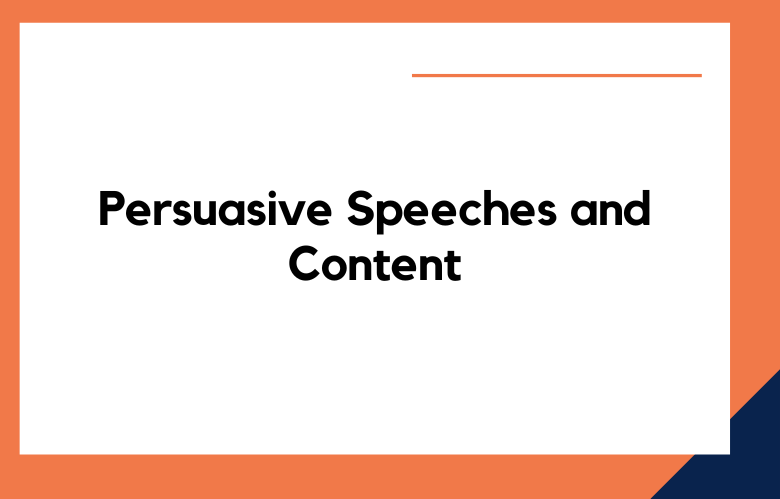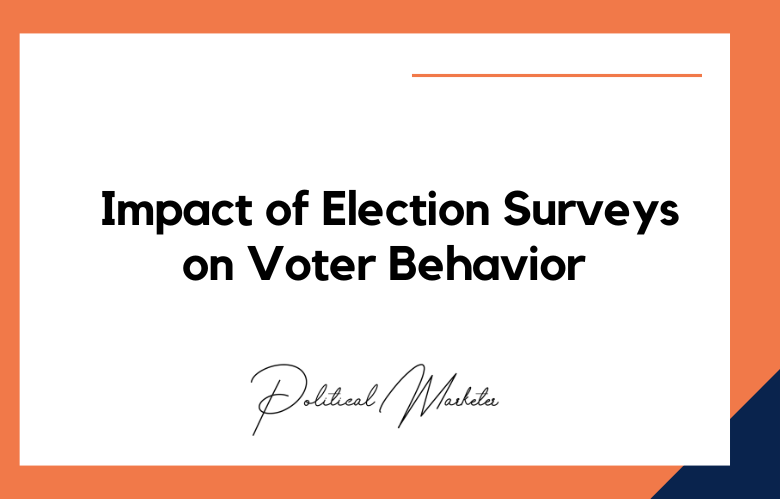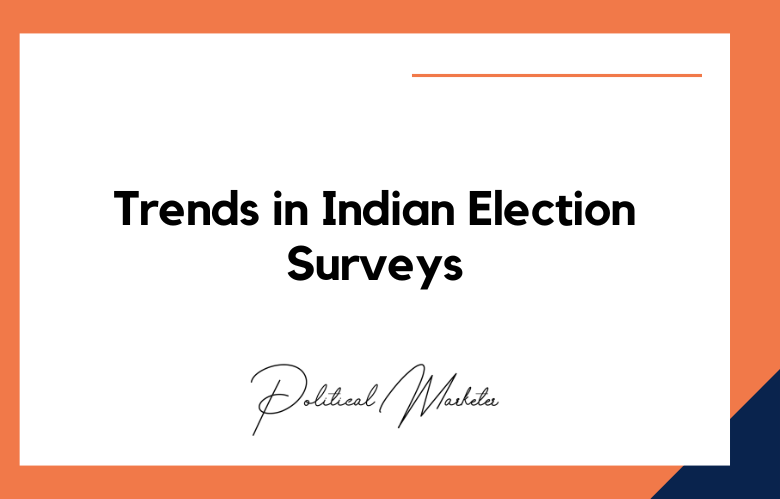Political speeches and content have always been essential for politicians to connect with their audiences and convey their messages. Through lectures, politicians inspire, persuade, and motivate their supporters and the general public. However, crafting an effective address is a challenging task, and it requires a deep understanding of the audience, the context, and the language used.
With technological advancements, the political speechwriting process has revolutionized with the emergence of artificial intelligence (AI) tools.
These AI-powered tools have brought efficiency and effectiveness to the political speechwriting process, enabling politicians to craft more persuasive speeches and content.
How Artificial Intelligence is Helping Political Leaders Craft Persuasive Speeches and Content
The world of politics is ever-changing. Every politician aims to communicate their message effectively through speeches and content to capture their audience’s hearts and minds.
Crafting persuasive and powerful speeches is a challenging feat, and political leaders often face communication challenges.
However, with the rise of artificial intelligence (AI), political leaders can now leverage AI-powered tools to sharpen their speeches’ impact and sway public opinion effectively. We delve into how AI is revolutionizing the political world by enhancing the communication abilities of political leaders.
Unleashing the Power of AI: Transforming Political Speeches
The field of artificial intelligence (AI) has been making significant strides in recent years, particularly when it comes to natural language processing (NLP). One area where this technology is being applied is in the analysis of political speeches, intending to gain insights into the beliefs and behaviors of politicians.
By analyzing the language politicians use in their speeches, AI can identify patterns and themes that may take time to be evident to human observers. This can include determining the politician’s stance on critical issues, their level of emotional engagement, and even their overall political strategy.
One example of AI being used in this way is in the analysis of the speeches of US presidential candidates during the 2020 election campaign. Researchers used NLP algorithms to identify the key issues being discussed in individual lessons, as well as how the candidates were framing these issues.
AI’s Influence on Political Rhetoric: A Game Changer
Artificial Intelligence (AI) is a game changer in every aspect of our lives, including political rhetoric. In the past, election campaigns were centered around traditional methods such as door-to-door campaigning, print advertisements, and speeches.
However, with the advent of AI technology, political campaigns have taken on a new dimension, with AI playing a significant role in shaping political speeches and public opinion.
One of the most significant ways that AI is influencing political rhetoric is through the use of sentiment analysis tools. Sentiment analysis is a technique used to determine the emotional tone of a particular piece of content by analyzing words and phrases used within it.
This technology can analyze political speeches and predict their impact on voters in real time. This capability is crucial for campaign strategists, enabling them to fine-tune their messaging to better connect with voters.
The Rise of AI-Assisted Political Persuasion
In recent years, there has been a significant increase in the use of Artificial Intelligence (AI) in political campaigning.
From social media platforms to campaign websites, candidates use AI to target voters, refine their messaging, and improve their chances of success. The rise of AI-assisted political persuasion is a rapidly evolving trend that has already had a significant impact on political campaigning.
One of the key benefits of using AI in political campaigning is that it allows candidates to personalize their messages.
By using algorithms to analyze data on an individual’s demographics, interests, and online behavior, campaigns can tailor their messages to appeal to specific voters.
This approach has been efficient in the digital age, where voters are bombarded with information and increasingly skeptical of one-size-fits-all messaging.
Harnessing AI’s Potential: A New Era in Political Communication
The use of Artificial Intelligence (AI) in politics is still in its infancy, but governments and political parties are increasingly recognizing its potential. Whether it is maximizing voter turnout, gauging public opinion, or predicting election results, AI has the potential to revolutionize political communication.
One of the major applications of AI in politics is predicting voter behavior. By analyzing vast amounts of data on voters’ demographics, social media behavior, and political preferences, AI can build predictive models that forecast election results more accurately than traditional polling methods.
This can allow political parties and candidates to tailor their campaign messages and outreach efforts to specific voter segments, increasing the effectiveness of their political messaging.
Speechwriting 2.0: AI’s Role in Political Oratory
The traditional art of political oratory has transformed with the advent of Artificial Intelligence (AI) in speechwriting. Taking inspiration from natural language processing (NLP) technology, AI has made it possible for politicians to deliver speeches with higher levels of semantic richness and precision, leading to more persuasive and impactful results.
In the past, politicians had to rely on their intuition, experience, and rhetorical skills to craft speeches that would resonate with their audience. However, this process was prone to errors and biases, often influenced by personal beliefs, emotions, and subjective opinions.
With AI, politicians can access advanced tools to analyze vast amounts of data, identify patterns and trends, and generate insights on topics ranging from healthcare to national security. This allows them to craft speeches that are not only factually accurate but also resonate with the public on an emotional level.
The AI Advantage: Crafting Compelling Political Messages
Artificial Intelligence (AI) has revolutionized how political messages are crafted and disseminated. With the ability to analyze vast amounts of data in real-time, AI has become an indispensable tool for politicians and campaign managers to understand voter preferences, behavior, and sentiments.
One of the key advantages of using AI in crafting political messages is its ability to identify and segment audiences based on various demographic data, such as age, gender, location, and ethnicity.
By understanding the unique needs and concerns of different voter groups, politicians can tailor their messages to resonate with specific segments, thereby increasing the likelihood of voter engagement and support.
Moreover, AI can help politicians identify critical issues that are at the top of voters’ minds, enabling them to prioritize their messages accordingly.
AI-based research tools:
One of the ways AI is helping political leaders is by providing them with advanced research capabilities. With AI-based research tools, politicians can analyze vast amounts of data and extract insights that would have otherwise taken a lot of time and resources to uncover.
By analyzing social media conversations, news articles, and public opinion polls, AI can help identify trending topics and themes that resonate with the audience. This information can then be integrated into the speech, making it more relevant and engaging.
Natural Language Processing (NLP):
NLP is a critical component of AI-powered speechwriting technology. NLP allows machines to understand natural human language, including languages with complex grammatical rules.
With NLP, political leaders can communicate their ideas more effectively using plain language, idiomatic expressions, and colloquialisms and still retain the intended meaning of their speech. This enhances the clarity of the message and makes it more relatable to the audience.
Automated content generation:
AI-powered tools can automatically generate content, including speeches, articles, and social media posts.
By inputting data into the machine, such as past speeches or transcripts, the AI tool can analyze and generate new content based on the patterns and style of the input data.
This makes the speechwriting process faster and more efficient. However, political leaders must review and edit the generated content to ensure it aligns with their values and messaging.
Data-driven insights:
AI can analyze vast amounts of data, providing insights into the audience’s preferences and interests.
By analyzing the sentiment and tone of public conversations, AI can provide political leaders with valuable information on how to approach sensitive topics and issues.
For instance, if the AI tool identifies a negative sentiment towards a particular subject matter, political leaders can re-evaluate their stance or approach.
Better prediction of audience reactions:
AI can analyze the historical responses and feedback to past speeches or content, predicting how the audience will react to a new address.
Based on this feedback, political leaders can tailor their lectures to resonate with their audience’s preferences, basically writing lessons that are tailor-made to their audience, and this significantly increases the chances of success.
Conclusion:
AI has significantly influenced the political speechwriting process, improving efficiency and effectiveness in crafting persuasive speeches and content.
With AI-based research tools, NLP, automated content generation, data-driven insights, and audience response predictions, political leaders can connect with their audience more effectively.
By leveraging these AI-powered tools, the political landscape has evolved, allowing politicians to deliver outstanding speeches and communicate their messages more compellingly.
Call: +91 9848321284
Email: [email protected]










